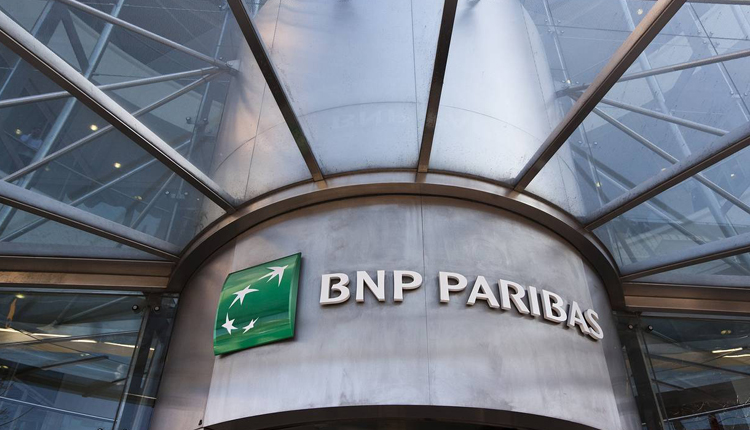Egypt’s economy is expected to grow at a 3.1 percent clip in the current 2020-2021 financial year, BNP Paribas said in a recent economic research report.
BNP Paribas’ forecast for the current financial year is slightly higher than Fitch Solutions, whose forecasts put Egypt’s GDP growth at 2.9 percent in the financial year 2020-2021.
However, BNP’s forecast figures are down from 3.8 percent in the previous financial year on the back of declining tourism revenues at the outset of the pandemic.
“The Egyptian economy proved to be resilient last year. Economic growth remained positive thanks to fiscal support, and the main macroeconomic metrics did not deteriorate significantly thanks notably to international support. The good fiscal performance was noteworthy, and will help maintain the attractiveness of Egyptian debt.” BNP report read.
Yet, BNP said Egypt’s current account deficit is expected to widen to 3.9 percent in the financial year 2020-2021 as tourism revenues slump to 40 percent year-on-year during the financial year. Egypt’s “limited” vaccine rollout means “the health situation remains a significant source of uncertainty that could continue to weigh on the Egyptian economy,” BNP added. In addition, the bank also pointed to the continued vulnerability of external accounts as a potential drag on Egypt’s medium-term economic recovery.
Despite headwinds, Egypt’s GDP is forecast to grow at a 5.3 percent clip in the financial year 2021-2022, buoyed by a rebound in consumer spending and activity in the construction sector.
A draft budget to boost local demand and pay special attention to structural spending, an uptick in oil production, and a gradual recovery in tourism could also safeguard against possible downturns, BNP report suggested.
Egypt’s external balance on refined products climbed to record highs in 2020. The country exported 17,000 bbl/d, though the overall balance of trade in oil remained significantly in the red at -101,000 bbl/d. Though LNG exports picked up late last year amid increased demand from Asia, “the prospects for LNG exports remain uncertain for the short term,” because of the volatility of LNG prices on the spot market, which may fall below Egypt’s breakeven point, thereby limiting exports, the bank noted.
Government debt is expected to peak at 94 percent of GDP by the end of the financial year 2021-2022, “given the persistent budget deficit and real interest rates that have moved back into positive territory since 2020.”
However, Egypt’s current account deficit is expected to narrow slightly in value to hit $14.7 billion in the financial year 2021-2022, with public debt gradually rebounding to 89 percent of GDP by the financial year 2023-2024.


